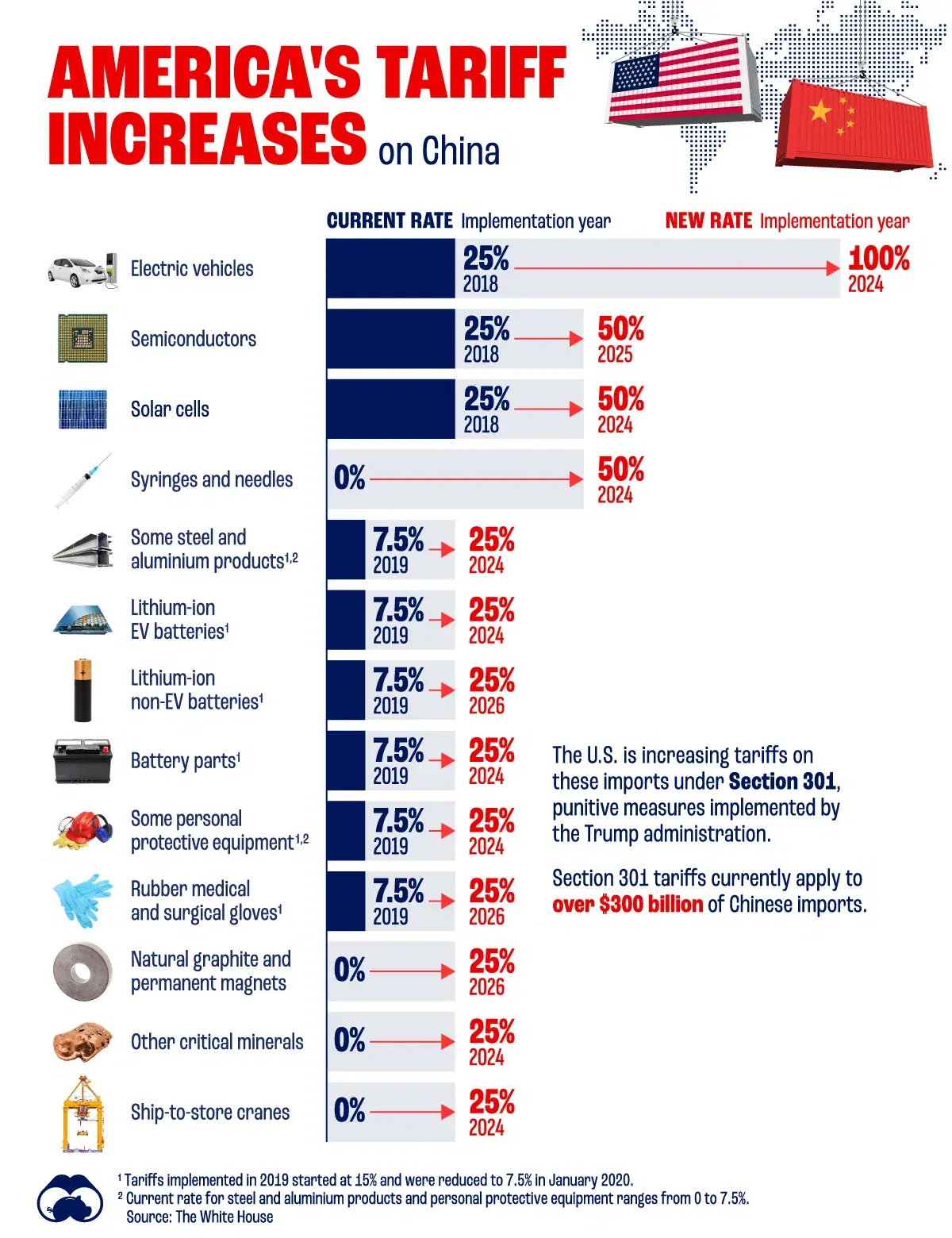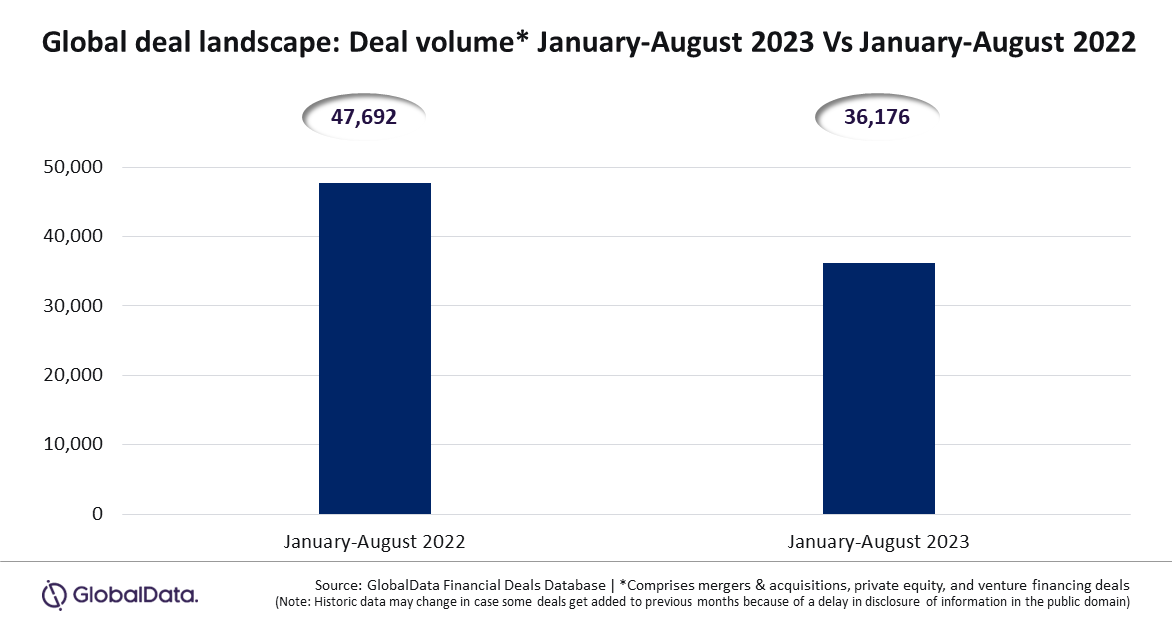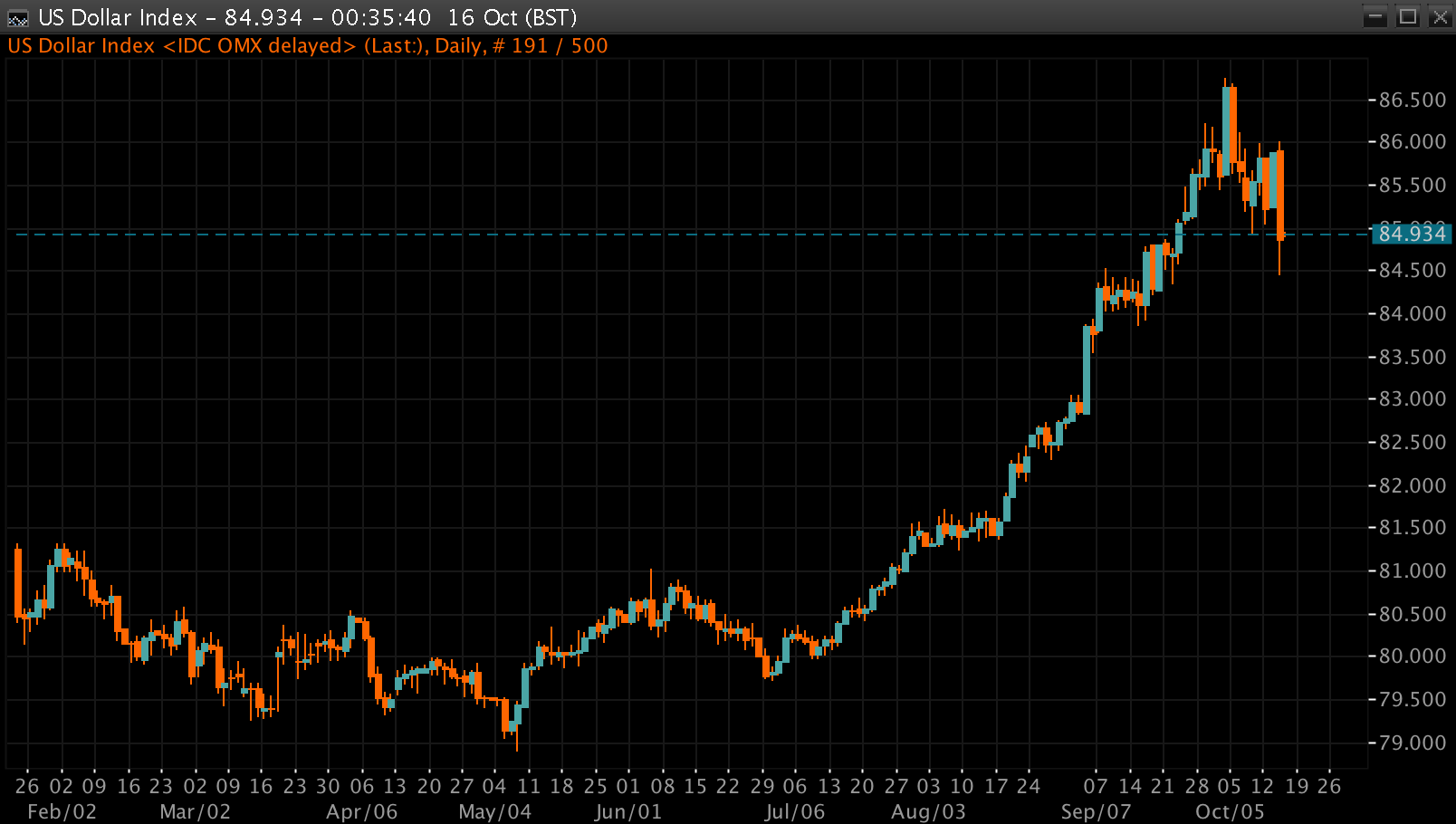Posthaste: Unforeseeable Job Losses In Canada's Auto Industry Due To Trump's Tariffs

Table of Contents
The Direct Impact of Tariffs on Canadian Auto Manufacturing
The immediate impact of Trump's tariffs was a sharp increase in the cost of importing and exporting auto parts between Canada and the US. This directly affected Canadian auto manufacturing, impacting profitability and competitiveness.
-
Increased Costs: Tariffs added a significant percentage to the cost of essential components, making Canadian-produced vehicles less price-competitive in both the US and global markets. This cost increase wasn't easily absorbed, leading to difficult choices for manufacturers.
-
Production Cuts and Plant Closures: Several auto manufacturing plants in Canada announced production cuts or even complete closures. For example, [insert specific example of a plant closure and the number of job losses]. This wasn't limited to assembly plants; parts suppliers also faced significant challenges, resulting in further job losses across the Canadian automotive parts sector.
-
Quantifiable Job Losses: The impact on employment was substantial. Estimates suggest that [insert estimated number] jobs were directly lost in the automotive manufacturing sector due to tariff-related production cuts and plant closures. This doesn't include indirect job losses in related industries.
-
Ripple Effect on Related Industries: The auto industry's struggles had a cascading effect on related sectors, such as steel and aluminum production, further amplifying the economic damage. These supporting industries experienced decreased demand, resulting in further job losses and economic hardship.
Supply Chain Disruptions and Their Consequences
The integrated North American automotive supply chain, long considered a model of efficiency, was severely disrupted by the tariffs. The complexity of this intricate network made it particularly vulnerable to trade barriers.
-
Disrupted Supply Chains: The back-and-forth flow of parts across the border was significantly slowed and complicated by increased customs checks and delays. This led to production bottlenecks and disruptions.
-
Increased Costs and Delays: The added costs associated with navigating the new tariff environment, combined with transportation delays, significantly impacted production schedules and profitability. Manufacturers faced higher input costs and struggled to meet deadlines.
-
Relocation of Operations: Some companies, unable to sustain their operations under the increased cost burden, were forced to consider relocating parts of their operations outside North America, leading to further job losses in Canada.
The Broader Economic Impact on Canada
The job losses in the auto industry had a far-reaching impact on the Canadian economy as a whole. Beyond the direct losses, the ripple effects extended to numerous related industries and communities.
-
GDP Impact: The contraction in the auto sector contributed to a measurable decrease in Canada's GDP [insert data or estimates if available]. This negatively affected economic growth and government revenues.
-
Regional Economic Impact: Specific regions of Canada, heavily reliant on the auto industry, experienced disproportionately high unemployment rates and economic downturns. [Insert specific examples of regions and their challenges].
-
Increased Unemployment Rates and Social Implications: The job losses led to a significant increase in unemployment rates, particularly in communities with a high concentration of auto-related jobs. This had far-reaching social implications, including increased poverty and social unrest.
-
Government Response: The Canadian government implemented various measures to mitigate the negative economic effects, including [mention specific government initiatives and their effectiveness].
Long-Term Effects and Future of the Canadian Auto Industry
The long-term consequences of Trump's tariffs on the Canadian auto industry are still unfolding. The industry is undergoing significant restructuring and faces challenges in regaining its former competitiveness.
-
Industry Restructuring: The Canadian auto industry is undergoing significant restructuring, with a focus on diversification and adaptation to a more volatile global market.
-
Competitiveness in a Post-Tariff Environment: Regaining competitiveness requires strategic investments in innovation, technology, and worker training. The industry is working to adapt to the new realities of global trade.
-
Impact of USMCA: The USMCA (formerly NAFTA) has provided some level of stability, but the experience with the previous tariffs serves as a reminder of the vulnerability of the sector to protectionist policies.
-
Strategies for Regaining Competitiveness: The Canadian auto industry is exploring strategies such as embracing electric vehicle production, focusing on advanced manufacturing technologies, and strengthening its supply chain resilience to regain competitiveness.
Conclusion
The imposition of Trump-era tariffs inflicted significant and unforeseen damage on Canada's auto industry, leading to substantial job losses and wider economic consequences. These impacts highlight the vulnerability of integrated supply chains and the importance of stable trade relationships. The long-term effects continue to be felt, and the industry is actively working to adapt and regain its global competitiveness.
Understanding the lasting impact of these tariffs is crucial for policymakers and the Canadian auto industry alike. Further research and analysis into mitigating the long-term effects of these Canadian auto industry job losses are urgently needed to ensure the sector's future competitiveness and secure a stable future for its workforce. Learn more about the impact of tariffs on the Canadian auto industry and advocate for policies that support this vital sector.

Featured Posts
-
 Wta Charleston Pegula Triumphs Over Collins
Apr 27, 2025
Wta Charleston Pegula Triumphs Over Collins
Apr 27, 2025 -
 The Los Angeles Wildfires A Reflection Of Our Times Through The Lens Of Gambling
Apr 27, 2025
The Los Angeles Wildfires A Reflection Of Our Times Through The Lens Of Gambling
Apr 27, 2025 -
 Jugadoras De La Wta Recibiran Pagos Por Licencia De Maternidad
Apr 27, 2025
Jugadoras De La Wta Recibiran Pagos Por Licencia De Maternidad
Apr 27, 2025 -
 Make February 20 2025 A Happy Day
Apr 27, 2025
Make February 20 2025 A Happy Day
Apr 27, 2025 -
 Market Volatility Forces Dow To Postpone Major Canadian Project
Apr 27, 2025
Market Volatility Forces Dow To Postpone Major Canadian Project
Apr 27, 2025
Latest Posts
-
 The U S Dollars First 100 Days A Historical Comparison
Apr 28, 2025
The U S Dollars First 100 Days A Historical Comparison
Apr 28, 2025 -
 U S Dollars Troubled Start Parallels To The Nixon Presidency
Apr 28, 2025
U S Dollars Troubled Start Parallels To The Nixon Presidency
Apr 28, 2025 -
 Nixons Shadow A Look At The Current U S Dollars Performance
Apr 28, 2025
Nixons Shadow A Look At The Current U S Dollars Performance
Apr 28, 2025 -
 U S Dollar Weak Start To Presidency Mirrors Nixon Era
Apr 28, 2025
U S Dollar Weak Start To Presidency Mirrors Nixon Era
Apr 28, 2025 -
 Yukon Legislature Mine Managers Testimony Sparks Contempt Threat
Apr 28, 2025
Yukon Legislature Mine Managers Testimony Sparks Contempt Threat
Apr 28, 2025
